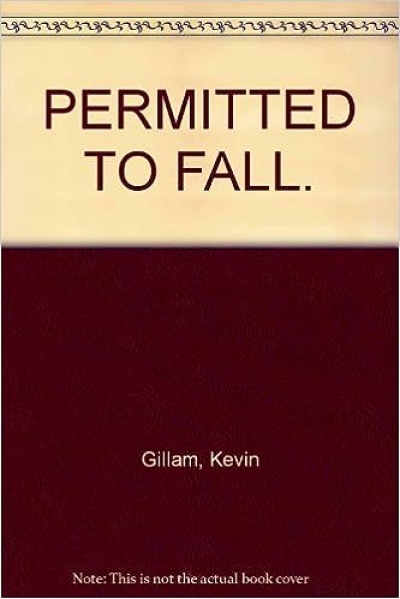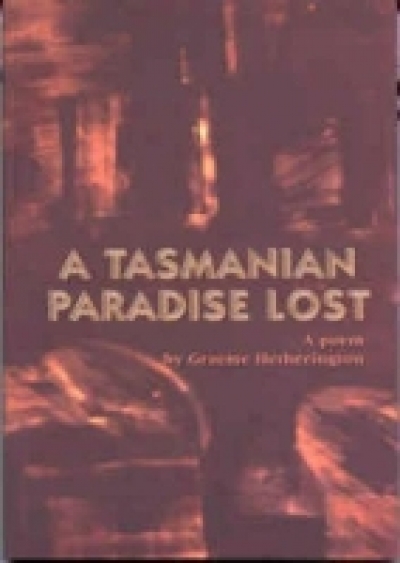Kevin Gillam
'Coppers', a poem by Kevin Gillam ... (read more)
T/here
By Judith Bishop
This is not a place for candles, or the scent of red cedar
gathered on a hill to burn, or native plum, lit at night
to hold the urgent dead at bay: you won’t wake to hear
the click of brumbies’ hooves on a road that flows
to where the humans are, or blink to see the mob
jittering in the dawn air:
this is not a house
of language, in the first sense of the word, the one
in which it made the world, this is not a place of origin,
ground, or single source: this is not a road for drinking
in the middle of the night: you won’t see
the ink of fire moving night and day across
A Tasmanian Paradise Lost by Graeme Hetherington & Other Gravities by Kevin Gillam
by Brian Edwards •



